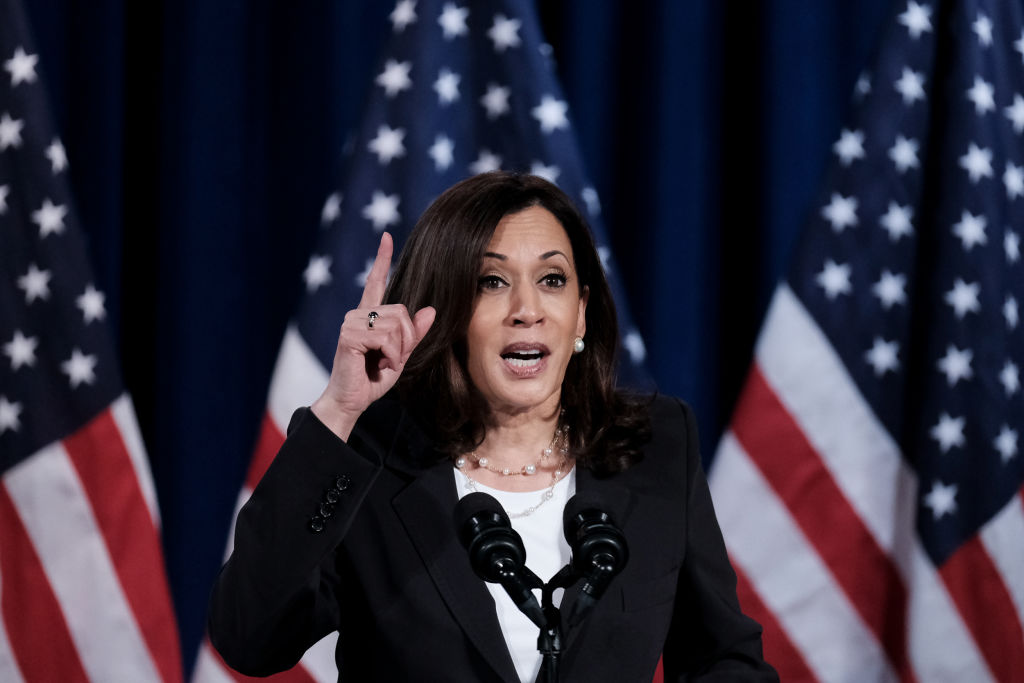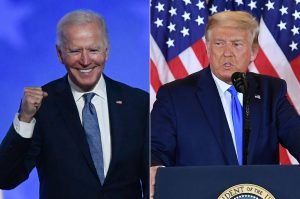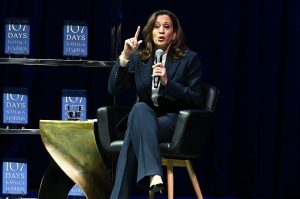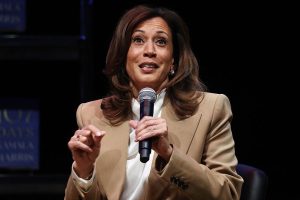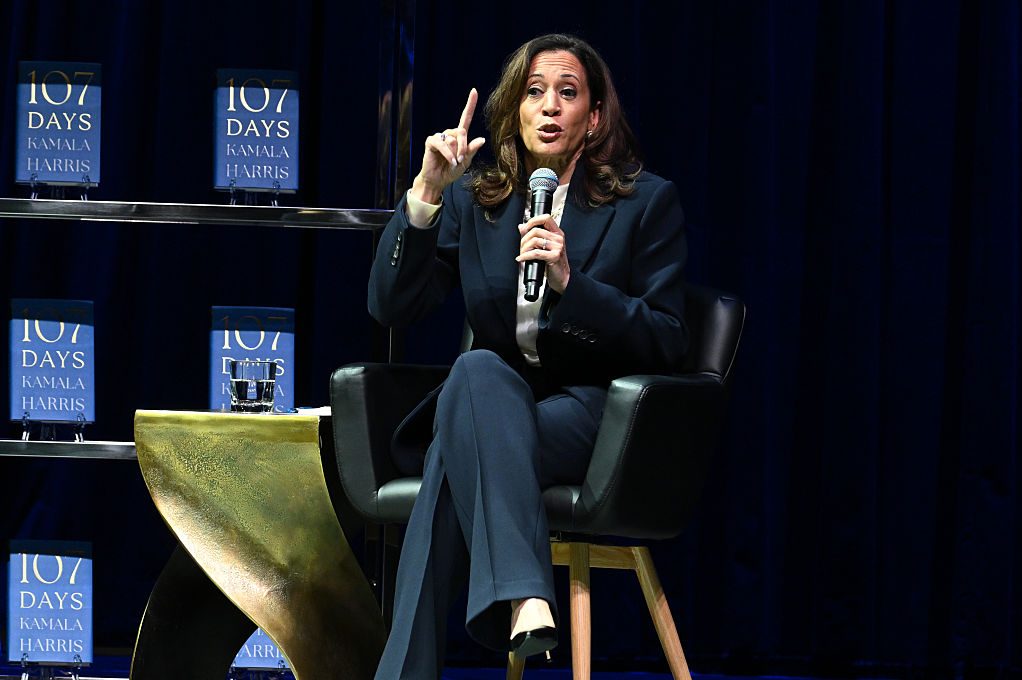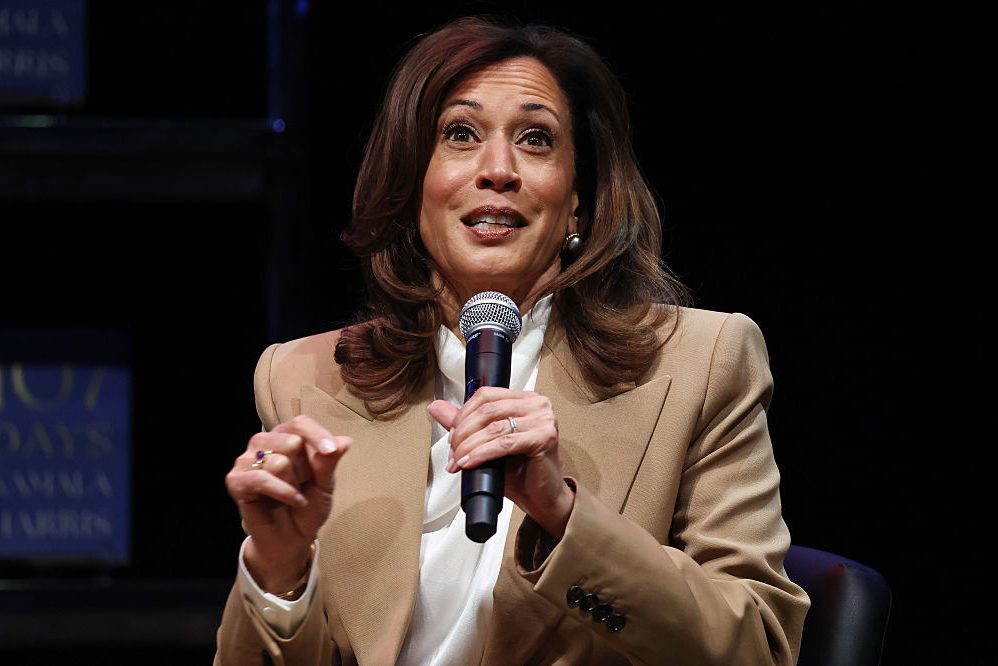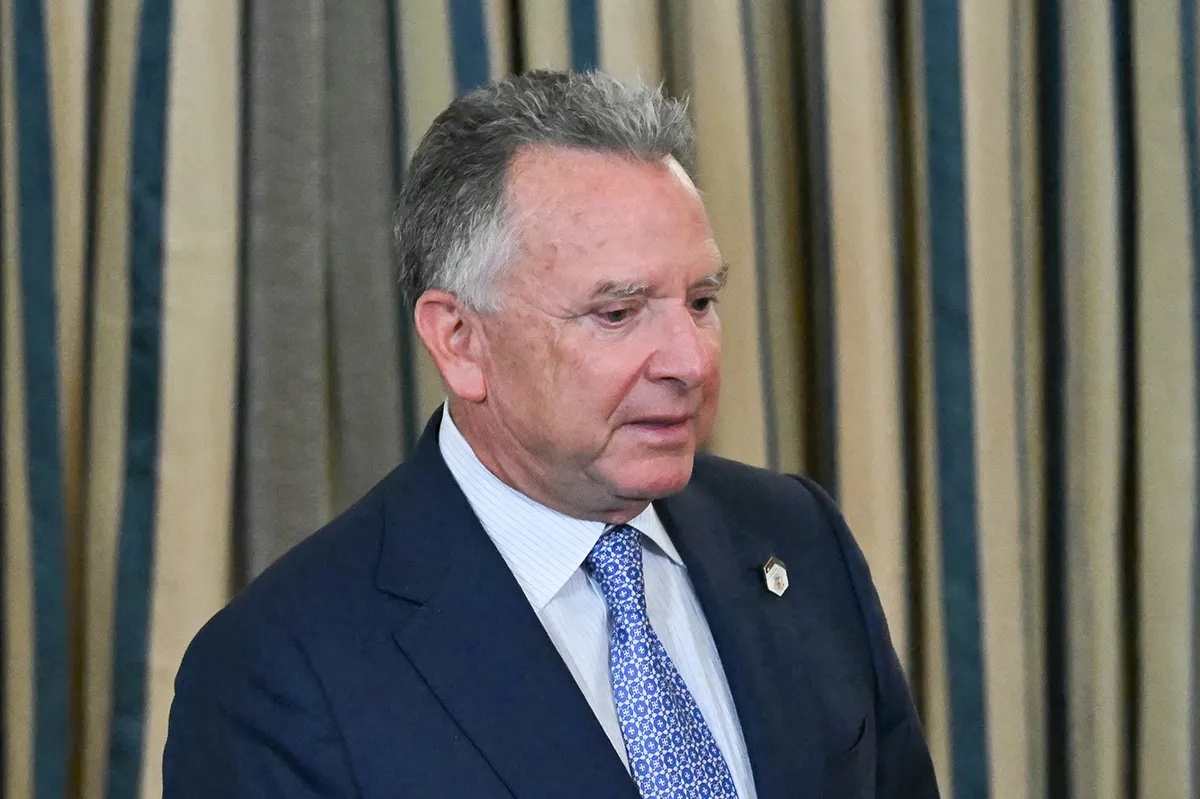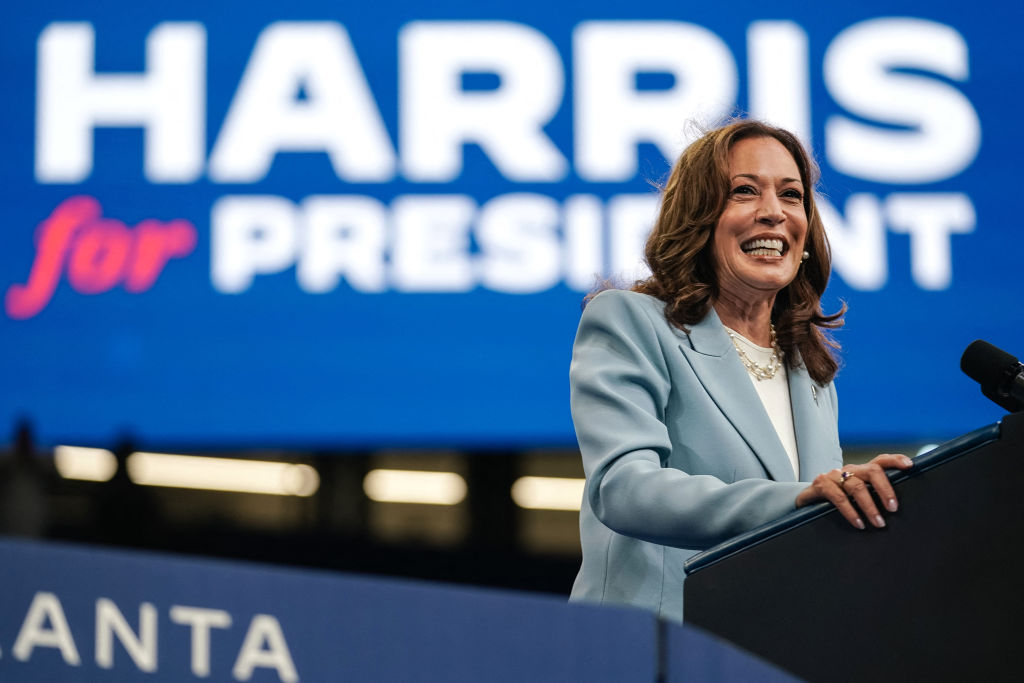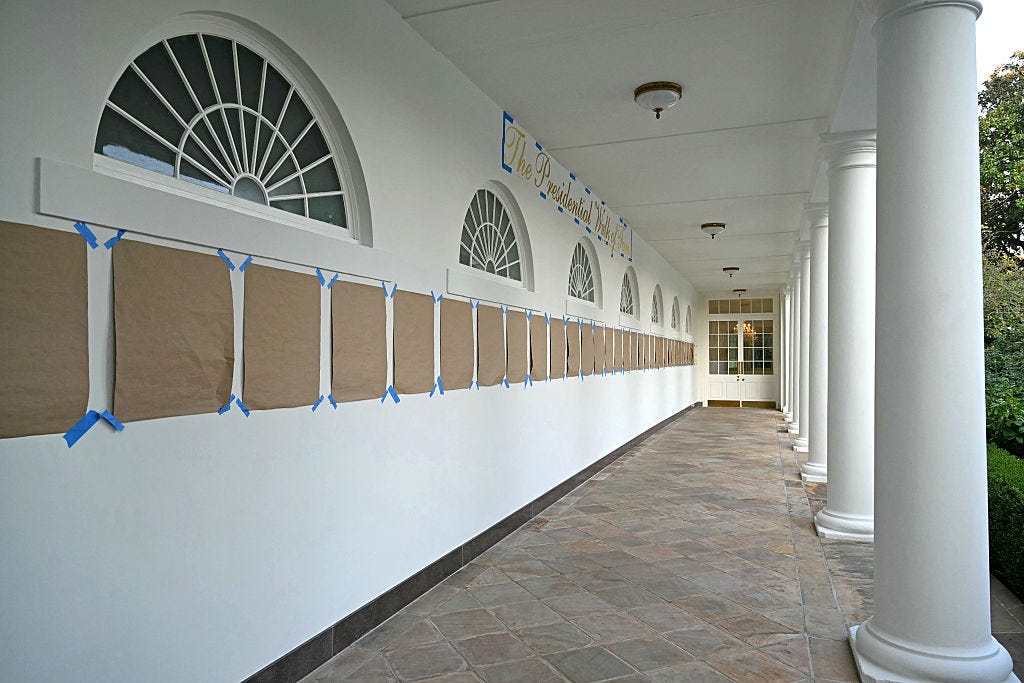The Indian vote in American politics has been a lock for the Democrats in recent years. President Obama won the group in 2008 and many of them preferred him to Mitt Romney in 2012. Likewise, Hillary Clinton won the Indian vote in something of a landslide in 2016 against President Trump. Early polling indicates that Asian Americans in general still lean Democrat. But might Joe Biden’s selection of Kamala Harris put a meaningful portion of the Indian vote up for grabs?
Kamala Harris represents something historic for the Indian-American community — she is the first person with Indian ancestry to run on either party’s presidential ticket. The Biden campaign have been quick to capitalize on this, forming an ‘Indians for Biden’ National Council. But Harris’s personal politics don’t necessarily align with those of Indian-American voters.
Indian-Americans, though generally liberal voters in America, are far more nationalistic when it comes to politics in India. This fusion of liberalism in America and nationalism in India was termed ‘Yankee Hindutva’ in a 2000 paper by Biju Mathew and Vijay Prasad. The BJP has put in more work than the rival Indian National Congress to cultivate support in foreign countries like America, working through organizations like Overseas Friends of BJP. Their efforts have paid off in spades.
Nowhere is this clearer than with respect to Prime Minister Narendra Modi. Modi’s first visit to the United States after his visa was restored in 2014 featured a blockbuster Madison Square Garden event with nearly 20,000 fans. This wasn’t a one off either — events across the country from San Jose to Houston have drawn large crowds from the diaspora. Some members of the Indian-American community have campaigned for the prime minister from their couches and have made thousands of calls to India to rally further support. Modi has in turn been receptive to the needs of this group — he has worked to streamline immigration processes as well as enable proxy voting.
The diaspora has gone beyond rallies and campaigning — they actively support many of Modi’s policies. But Sen. Harris has been colder to his government compared to other American elected officials. For example, she was not present at the Howdy Modi rally, where tens of thousands of Indian Americans turned out to see the prime minister. Additionally, she has spoken out against the actions of the Modi government in Kashmir.
[special_offer]
In August 2019, the Modi government revoked the special status of Jammu and Kashmir by passing a bill nullifying Article 370 of the Indian Constitution, which guaranteed the region autonomy the rest of India did not have. The revocation was followed by communications blackouts and mass detentions. Supporters of the government claimed these actions were necessary to ensure stability in the region but certain American officials disagreed. In September 2019, Harris was hawkish about the Modi government’s actions in Jammu and Kashmir, telling a Kashmiri journalist that ‘we are all watching‘. Then in December, India’s external affairs minister canceled a meeting with the House Foreign Affairs Committee because Rep. Pramila Jayapal was going to attend, as the MEA disagreed with her recent congressional resolution on Kashmir. Harris was one of a few senators who spoke out against the meeting being canceled, making it clear that she stood by Jayapal.
These issues put Harris on the wrong side of Modi, and therefore on the wrong side of much of the Indian diaspora. The vice president of India, Venkaiah Naidu, specifically addressed members of the diaspora about Article 370 and asked that they do their part to ensure it remains a domestic Indian matter. Modi brought it up at a separate event and pointed to the move as one made to address terrorism, but also spoke about how the move was backed by Indians across the globe.
Indian-Americans have always been an odd fit in the Democratic party. Much of the community came through H-1B visas which tend to skew higher income, and a significant amount of the community is well educated. In the US, this socioeconomic group trends Democratic, but in India, they would be BJP voters, as that party has been the traditional home of the upper caste upper income blocks (though they significantly expanded this base in recent elections). The two identities didn’t really clash with each other until now — President Clinton and Prime Minister Atal Bihari Vajpayee had a fairly strong relationship, as did President Obama and Modi. However, some of Harris’s recent policy positions mean this paradox may no longer work. It would be ironic if Biden’s politically correct pick of the first Indian-American VP sent some Indian voters looking elsewhere.



